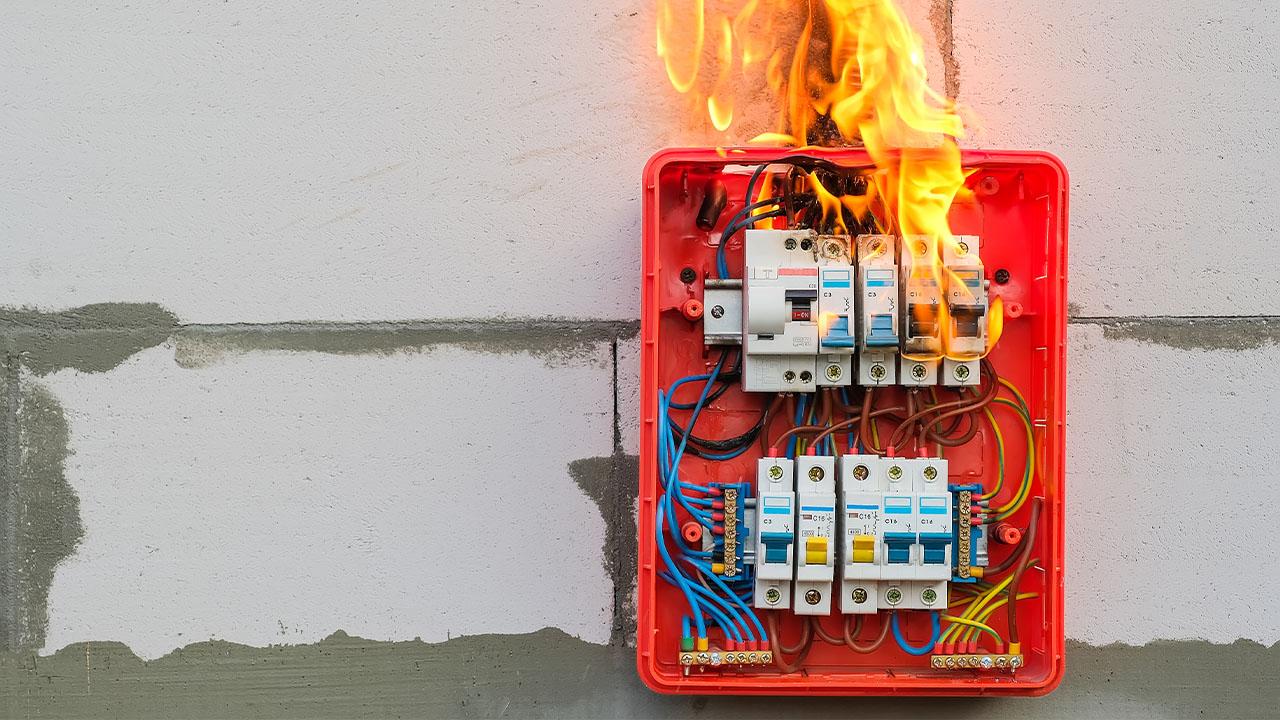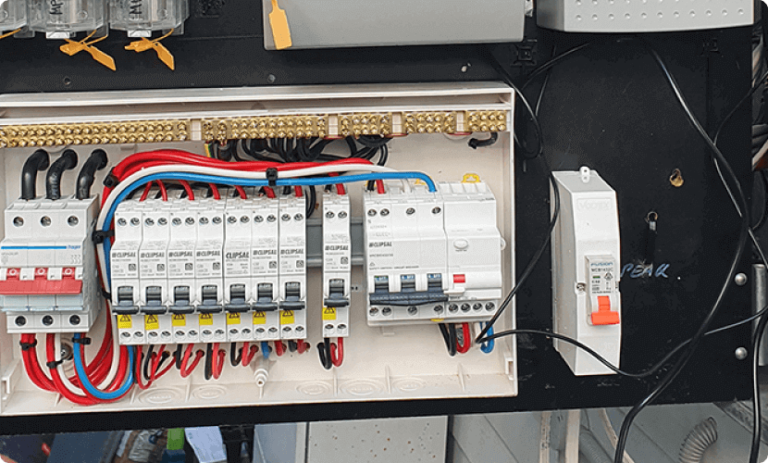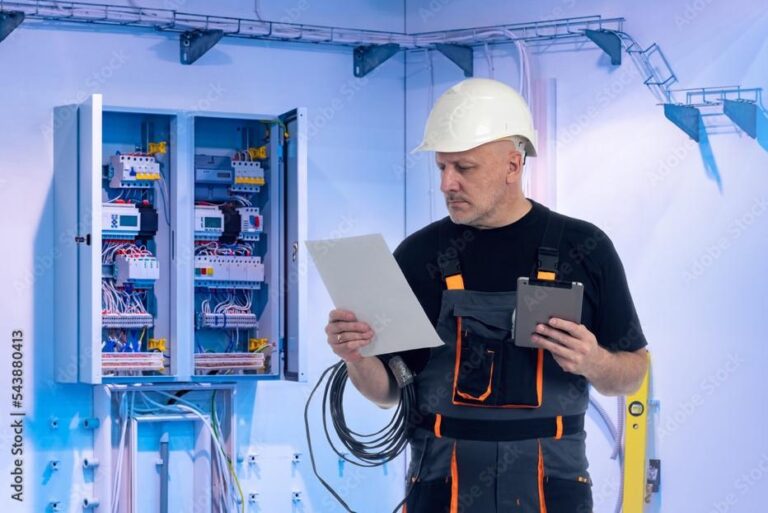Electrical emergencies can occur unexpectedly and pose serious risks to both property and human life. Whether dealing with electrocution, electrical fires, or sudden power outages, the need for a rapid and knowledgeable response cannot be overstated. Understanding the key risks involved in these emergencies and knowing how to act quickly is crucial for ensuring the safety of everyone involved.
Electrocution Risk
One of the most immediate dangers in any electrical emergency is the risk of electrocution. This occurs when a person comes into direct contact with an electric current, which can lead to severe injuries or even death. Electrocution risk is especially high in situations involving exposed wiring, faulty equipment, or water presence around electrical devices.
In many cases, electrocution happens when someone attempts to handle an electrical fault without proper safety precautions. It’s essential never to touch an electrocuted person directly as it can transfer the current, putting you at risk. Instead, the first step should be to turn off the power at the main switchboard if it’s safe to do so. In more severe instances, it’s crucial to call for emergency services immediately.
Quick action in electrocution emergencies can mean the difference between life and death. Always remember that only qualified electricians should handle repairs or interventions in hazardous electrical environments to avoid further risks.
Fire Risks
Electrical fires are another serious threat that can result from faulty wiring, overloaded circuits, or malfunctioning appliances. When an electrical fire starts, it spreads quickly and can cause significant damage to property. Unlike other types of fires, water is not a suitable extinguishing method for electrical fires. Water conducts electricity and could worsen the situation by leading to electric shocks or further fires.
If you suspect an electrical fire, the first step is to turn off the power supply at the circuit breaker, if possible. This cuts the power and reduces the risk of further spread. Once the power is off, you can use a suitable fire extinguisher, such as a Class C or CO2 extinguisher, to control the flames. However, if the fire is spreading rapidly, evacuate the premises and call emergency services immediately.
Prevention plays a key role in avoiding electrical fires. Regular inspections by a licensed electrician and using appliances according to their safety guidelines can significantly reduce the risk. Addressing flickering lights, frequently tripping breakers, or unusual burning smells near outlets are signs that shouldn’t be ignored.
Power Outage Risk
Power outages are another common electrical emergency, especially during storms, grid failures, or electrical system malfunctions. While they may not seem as dangerous as electrocution or fire, power outages still pose significant risks, particularly in homes or businesses reliant on electrical devices for essential functions.
A sudden loss of power can lead to other issues, such as spoiled food, security system failure, or damage to sensitive electronics. Furthermore, power surges that often follow outages can damage appliances if they are not properly protected.
In case of a power outage, it’s important to switch off major appliances to avoid damage when the power is restored. Keep a battery-powered torch handy to navigate safely. If the outage is due to an external fault, contact your electricity provider for updates on the situation. It’s also advisable to have a backup power source, such as a generator, especially for critical systems in businesses or households.
Taking preventive steps by installing surge protectors and having a qualified electrician assess your electrical systems can minimise the risks associated with sudden outages.

















